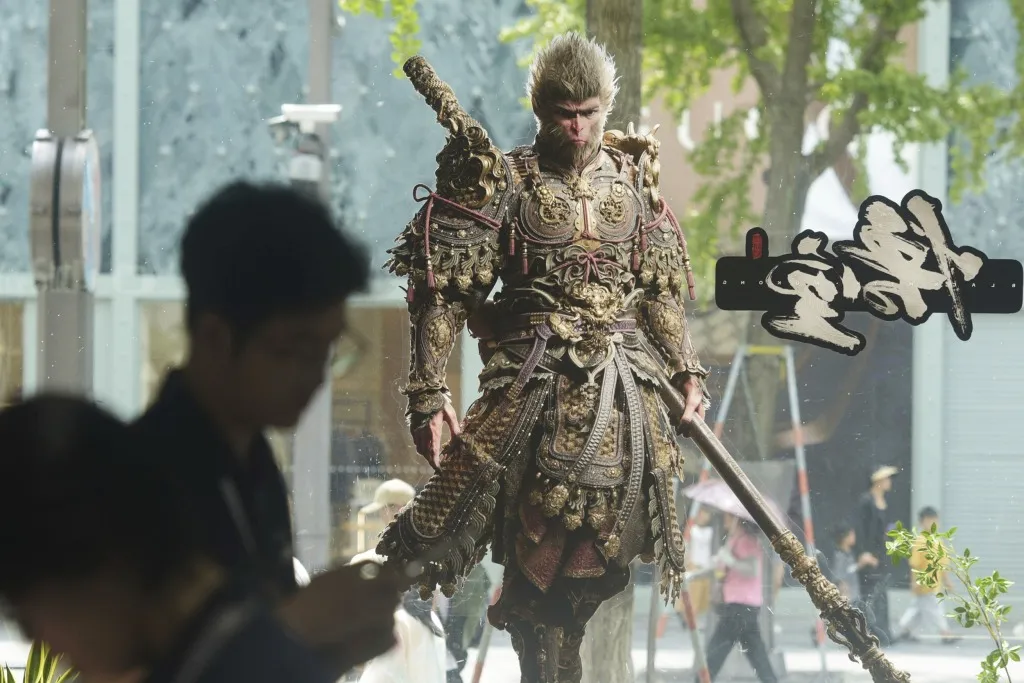Wukong Black Myth Wukong: A Cultural Gaming Breakthrough with Censorship Concerns

Wukong Black Myth Wukong: A Cultural Gaming Breakthrough
HONG KONG — A newly released video game from China topped charts worldwide on Wednesday, celebrated as a breakthrough for the global projection of Chinese culture despite concerns over censorship during its promotion. The game, Black Myth: Wukong, is inspired by the 16th-century Chinese classic Journey to the West, drawing acclaim for its stunning visuals and cultural portrayal.
Developed by Game Science and backed by tech giant Tencent, the game allows players to take on the role of magical apes and embark on a journey battling monsters. Immediately after its release, it became a sensation, with over 2.2 million concurrent players on Steam. Experts view this game as a watershed moment for China’s gaming industry, overcome with regulatory challenges in the past.
Censorship and Industry Concerns
However, controversy arose as reviewers reported being instructed about topics to avoid discussing while livestreaming. The guidelines highlighted sensitive subjects such as politics and the Covid-19 pandemic. Many critiques cite the guidelines as red flags for gaming transparency, and the Black Myth: Wukong campaign highlights the balance between gaming success and confrontations with censorship.
Chinese Culture Meets Global Gaming
China's gaming scene is finally breaking through with high-profile releases like Black Myth: Wukong. Chinese state media hailed its success, dubbing it a cross-cultural bridge. As social media buzzes with excitement, this game symbolizes a transformative moment, showcasing the potential of Chinese culture to resonate on a global stage.
This article was prepared using information from open sources in accordance with the principles of Ethical Policy. The editorial team is not responsible for absolute accuracy, as it relies on data from the sources referenced.